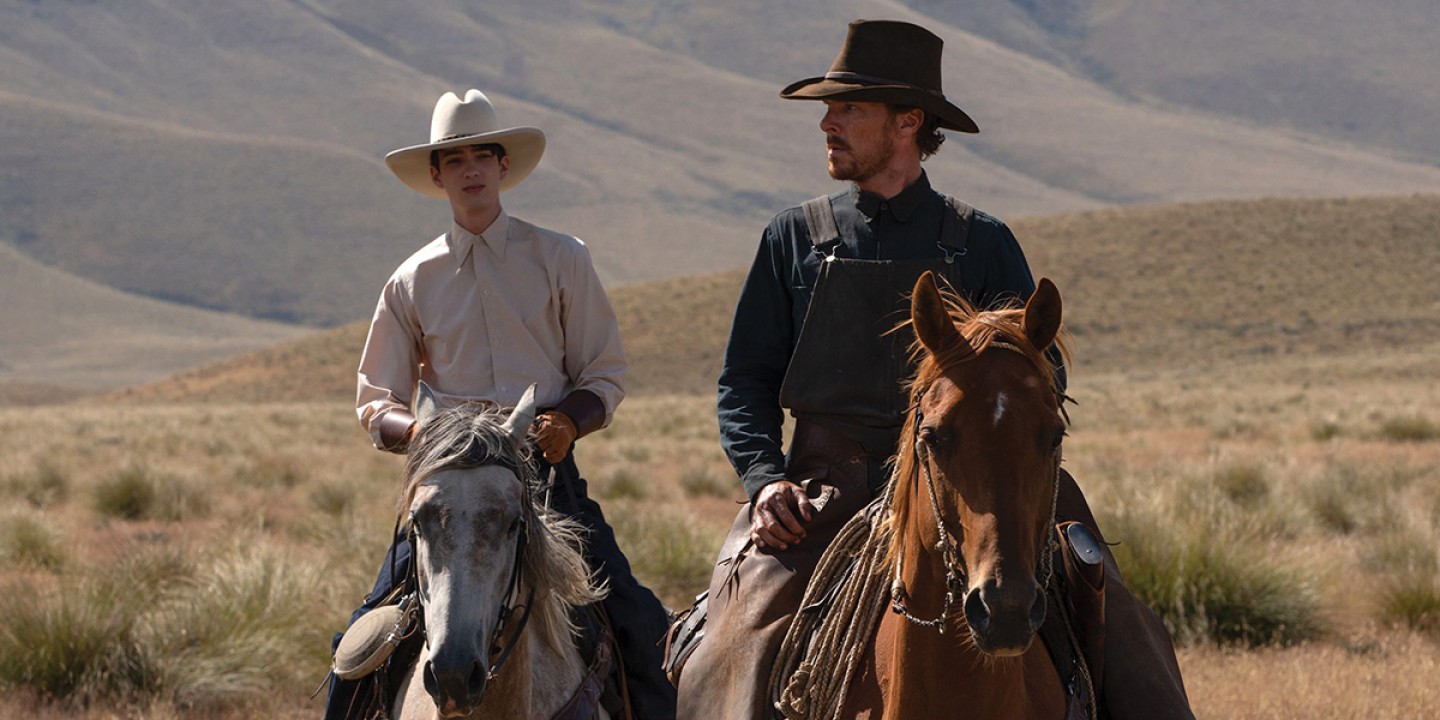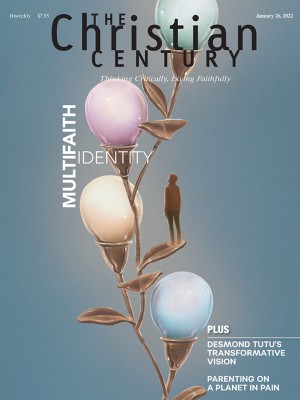The power of The Power of the Dog, Jane Campion’s subversive new western
In her new movie, the filmmaker’s fascination with the myth of masculinity unfolds in 1920s Montana.

When I was 14, my understanding of romance was shaped by two forces: rom-coms and evangelical purity culture. In one, there was a complacent balance of the sexes, where mutual desire overcame minor obstacles on the path to true love. In the other, there was a war of sexual desire where men’s natural lasciviousness was restrained only by female purity before her sexual availability in marriage.
So in 1993, when I watched Jane Campion’s movie The Piano at a friend’s house whose parents didn’t monitor these things, Campion’s protagonist was indecipherable to me. She had a child out of wedlock and seemed neither repentant nor ashamed. She understood the violent power of male desire and suffered its vengeance but refused to bow to it, insisting on her own pleasure no matter the cost (which was steep). It felt like stepping into a sideways universe, strange and familiar at once, telling me something true I had never been told before.
Read our latest issue or browse back issues.
Watching Campion’s movies over the next several decades, I found myself drawn to her vision of the world and to the women who populate it. On first watch, she seems to fixate on the violence and constraint that women suffer under intractable patriarchy. But she is more interested in the devices women use to evade those constraints even when it costs them dearly. They carve out agency for themselves, often through elevating simple domestic skills into artistic pursuits—playing the piano (The Piano), needlework (Bright Star), conversational wit (The Portrait of a Lady), or writing (In the Cut). Her protagonists seek refuge in women-dominated spaces and friendships.
Her vision is still overall bleak: it invariably involves the very real and devastating power of male violence and control. But she gives her female characters an inner life of desire—almost always connected to sex but not limited to it—that allows them to define themselves in some way beyond it.
In her newest movie, The Power of the Dog (in theaters and streaming on Netflix), Campion turns her attention to the myths of masculinity born out of the fantasies of the Wild West. In Montana in 1925, we meet Phil Burbank (Benedict Cumberbatch), the menacing masculine presence at the center of the film, as he badgers his brother, George (Jesse Plemons), with memories of their 25 years ranching together. He wants his brother to reenact with him the rough beginnings of their frontier life.
But ranching has been good to the brothers, and they no longer need to camp out, eating elk liver cooked over live coals. They live in a majestic, if empty, house that sits imposingly in the middle of the empty plains. Montana is a state now, World War II is a few years away, and refrigerators and washing machines will follow quickly on the heels of the indoor plumbing and the Model T that George has already introduced to their lives. George wants to fill their home with music and light and maybe even a family. Phil rejects the house and the civilization it stands for, stewing, quite literally, in his own stink.
The simmering conflict between the brothers erupts into a boil when George marries Rose (Kirsten Dunst), destroying the all-male fantasy world Phil has built for himself. He torments her with coldness and menace, belittling her attempts at refinement and driving her to hide booze around the house. But he finds the real proxy for his war against feminine domesticity in her son, Peter (Kodi Smit-McPhee), a medical student who spends the summer on the Burbank ranch.
Peter also becomes a proxy for Campion’s long obsession with masculine power. He steps into the role usually reserved for women in her films, expanding her vision of how masculinity is threatened by and threatens anything it perceives as weak, delicate, or feminine. Like her heroines in other films, Peter is good with his hands, crafting intricate paper flowers to decorate his mother’s tables. He is openly gay-baited by Phil and his ranch hands, but Phil quickly realizes that he can torment Rose far more effectively by taking Peter under his wing, separating him from her influence. Rose, of course, is aware of how men like Phil tend to treat men like Peter, and her drinking only increases each time the two men ride out into the plains. She can feel, as can we, that whether Peter successfully adopts the masculine bravado Phil requires or suffers his wrath for refusing, it won’t end well.
Phil is plenty menacing on his own; set within a larger Campion canon it seems all but inevitable that blood will be shed. But masculine violence—no matter how real and pervasive—almost never has the last word in a Campion movie. In this case, the ending is so surprising and electrifying you will want to go back and rewatch the entire movie immediately.
And when you do, pay attention to the opening scene again. The camera moves slowly inside a darkly lit house, panning across three wide windows that open to flat dusty plains running up to imposing mountains. It’s the classic cowboy landscape of the American West—and through each window, Phil, our classic American cowboy, strides confidently through the frame. The themes of the movie are hinted at in this shot—the conflict between home and the wild frontier. But the dark interior also looks like a theater, and the camera angle is unnaturally wide, making the open windows look like movie screens, perfectly framing the western landscape as it has been created in fictions offered to us on silver screens.
Campion has long been fascinated with historical dramas as sites to explore masculine power and feminine resistance, as though she is trying to go back in time and figure out how things got to be the way they are. But in this scene, she draws attention to another origin story—the myths of masculinity created by film itself. Phil is already a cowboy caricature, trying to live into a masculine ideal that only ever existed in the movies and the penny novels from which they drew. This makes the surprise ending even more thrilling because it subverts the genre we thought we were watching. It also suggests that Campion is ready not just to explore the damage our fantasies of masculinity enact but to start thinking about other genres that might rebuff their power.
A version of this article appeared in the print edition as “Campion Goes West.”






